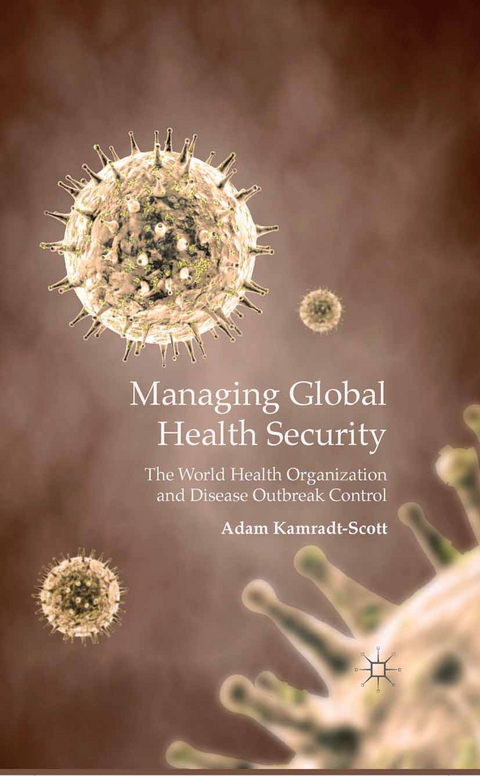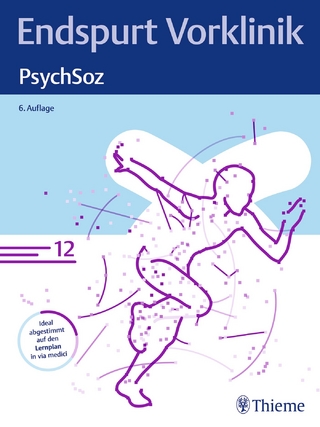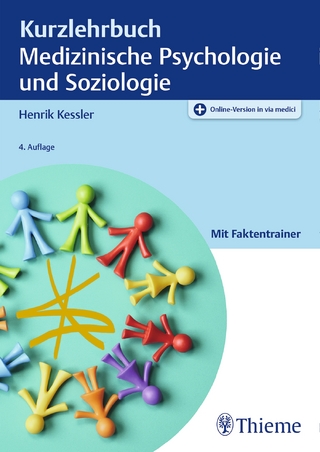
Managing Global Health Security
Palgrave Macmillan (Verlag)
978-1-349-35043-8 (ISBN)
Adam Kamradt-Scott is Senior Lecturer in International Security Studies at the Centre for International Security Studies, University of Sydney, Australia. He is also the Humanities Precinct Leader for the Marie Bashir Institute for Infectious Diseases and Biosecurity. Before joining academia, Adam previously worked as a health professional, political adviser, and government official.
Introduction 1. The Legal Basis For The WHO's Global Health Security Mandate And Authority 2. The WHO's Classical Approach To Disease Eradication 3. Securitization And SARS: A New Framing? 4. New Powers For A New Age? Revising And Updating The IHR 5. Pandemic Influenza: 'The Most Feared Security Threat' 6. Global Health Security And Its Discontents Concluding Remarks
“This book investigates the extent to which the WHO has fulfilled its disease eradication mission and has utilised the health-as-security discourse to reframe its public health mandate. … This book is highly recommended for those who are interested in the key role of the WHO in managing global health security.” (Lai-Ha Chan, Australian Institute of International Affairs, July, 2016)“Kamradt-Scott (Univ. of Sydney, Australia) carefully describes the history of the World Health Organization (WHO), reminding detractors that the agency’s mission has remained steady across the decades and that it has, on the whole, performed its vital functions admirably. … This informative, scholarly book will be of particular interest to those in public health and public policy programs. … Summing Up: Highly recommended. Graduate students, researchers, faculty, professionals.” (K. H. Jacobsen, Choice, Vol. 53 (5), January, 2016)“This book will interest primarily academics working in international relations or public health. … For those who are not in academia, but have an interest in international relations or just have basic questions like ‘What is the WHO? What do they do?’, this book is a well-written story describing real-life events and crises from malaria eradication in the 1950s to the 2014 ebola outbreak in West Africa.” (Sabine Iva Franklin, Medicine, Conflict and Survival, Vol. 32 (3), 2016)
| Erscheinungsdatum | 26.05.2016 |
|---|---|
| Zusatzinfo | XI, 233 p. |
| Verlagsort | Basingstoke |
| Sprache | englisch |
| Maße | 140 x 216 mm |
| Themenwelt | Studium ► 1. Studienabschnitt (Vorklinik) ► Med. Psychologie / Soziologie |
| Sozialwissenschaften ► Pädagogik ► Sozialpädagogik | |
| Sozialwissenschaften ► Politik / Verwaltung ► Europäische / Internationale Politik | |
| Sozialwissenschaften ► Politik / Verwaltung ► Staat / Verwaltung | |
| Sozialwissenschaften ► Soziologie ► Spezielle Soziologien | |
| Schlagworte | Ebola • Global Health Security • Infectious Diseases • International Organization • Malaria • pandemic influenza • securitization theory • Smallpox • World Health Organisation |
| ISBN-10 | 1-349-35043-5 / 1349350435 |
| ISBN-13 | 978-1-349-35043-8 / 9781349350438 |
| Zustand | Neuware |
| Haben Sie eine Frage zum Produkt? |
aus dem Bereich


